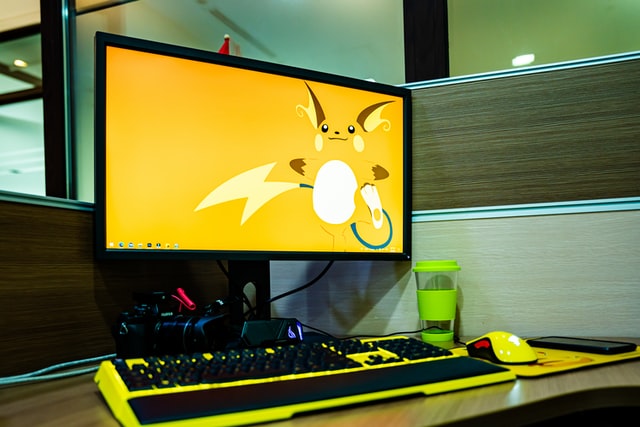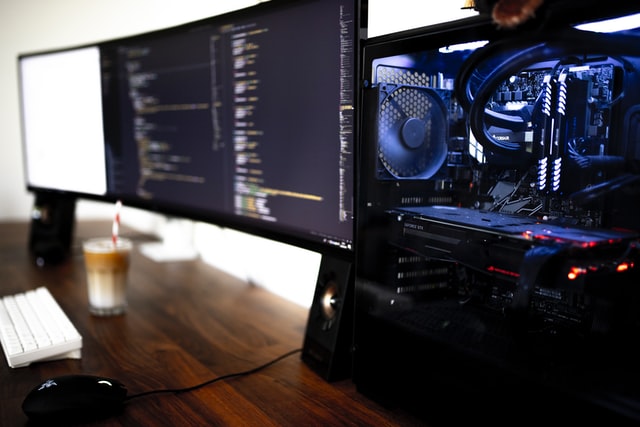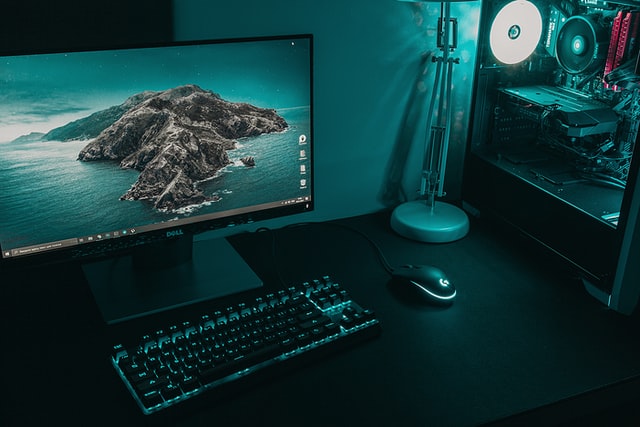Are you looking forward to upgrading your desktop computer in the next year or two? While you might be tempted to get the latest and greatest model at once, it’s important to consider a few things before buying a new PC.
The desktop computer, also known as the personal computer (PC), is the core of every home and office, allowing us to manage our daily tasks and create art, music, and other forms of media. For years, desktops held the upper hand over laptops because their hardware was generally stronger and had better graphics processing power. However, laptops have become incredibly powerful since then, providing the same experience as their desktop counterparts.
Today, you don’t necessarily need a high-end laptop to get the job done. Because of this, many companies have started offering cheaper models, and even some desktop computers. Take note, though, as not all PCs will fit your budget or performance expectations. Here are five key features to look out for.
Key Features to Look for in the Best Desktop
1. Size
If you’re considering an upgrade, think about how much space you’ll need for your current setup and what else you plan on adding. You should factor its size into your decision-making process. A good indication of the amount of room needed is whether or not there is any physical limitation preventing you from extending your desk outward. If you have a monitor arm set up that’s too short, for example, then you may want to opt for a larger stand so that you can add height without adding width.
You should also make sure that you’ll be able to move the desktop around easily if you decide to store it elsewhere – while you can always move a laptop with ease, the reverse isn’t true of most desks.
2. Performance
Now that we’ve covered size, let’s talk about CPU speed. Your processor handles multiple tasks like playing games, video editing, and streaming content while playing casino clic. The more horsepower your processor has, the quicker these functions can operate in between tasks and during pauses.

With this in mind, you should pick a system based on its overall capabilities rather than simply price. When deciding which one fits your needs best, take time to research all the options available, and find a perfect match.
3. Graphics
A lot of people tend to overlook graphics when they evaluate a potential purchase. This is unfortunate, given that they’re vital components of any operating system. A capable GPU allows you to run programs such as Adobe Photoshop or Lightroom without lagging.

On top of that, a fast graphics chip will allow your PC to handle gaming smoothly. As long as you invest in a reliable card, you won’t have regrets when you’re trying something new.
4. Storage Capacity
You’d be amazed by just how quickly data can accumulate on a hard drive. Whether you’re storing tons of videos or filling hundreds of documents with text, eventually you’ll start running into issues that prevent you from accessing everything at once.

Fortunately, SSD drives offer a solution to this problem. They’re usually more expensive than traditional magnetic disk drives, but they last longer and perform faster. Plus, they require less power and are less likely to become corrupt than older storage technology.
5. Battery Life
Battery life hasn’t been a strong point for laptops since they were first introduced. But in recent years, manufacturers have made big strides toward improving battery capacity, and their efforts have really paid off.
That said, you still shouldn’t expect to see laptop batteries last forever, especially if you use them heavily. To ensure that you have enough juice left ahead of time, it pays to buy an external charger. These devices plug into a docking port found on your notebook, and they allow you to recharge portable devices while keeping them safe and sound.

